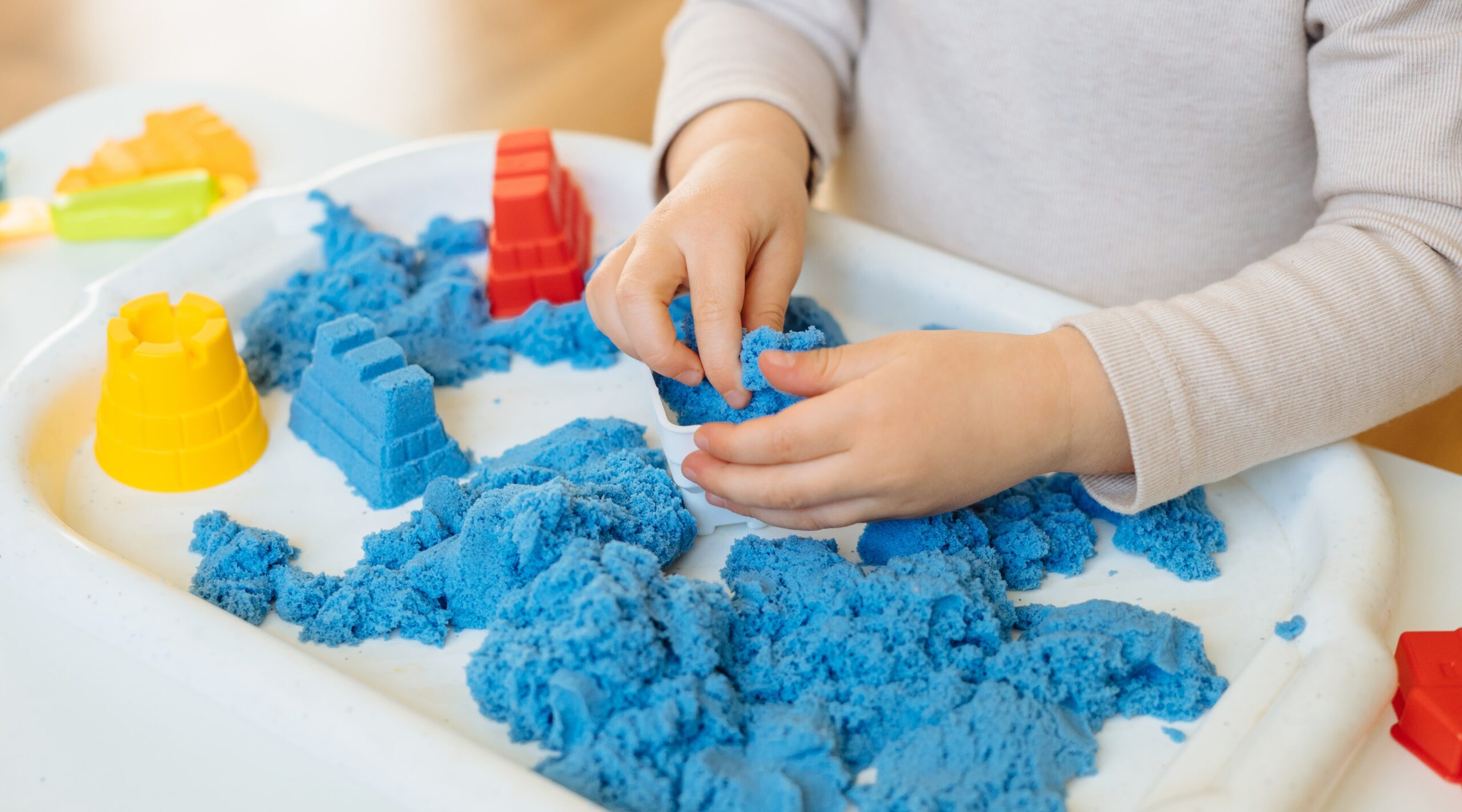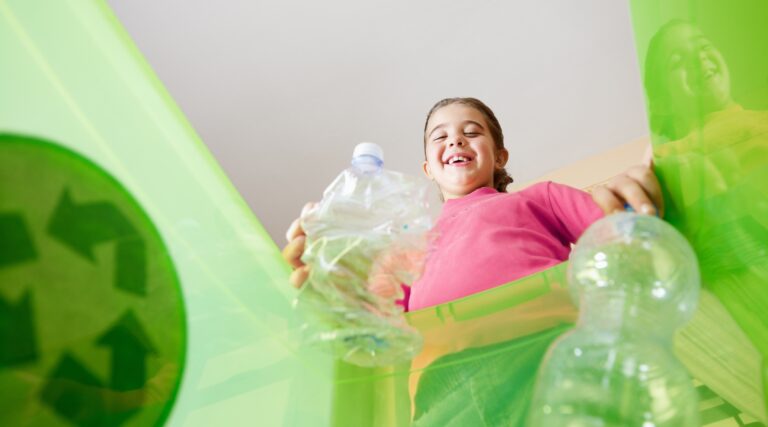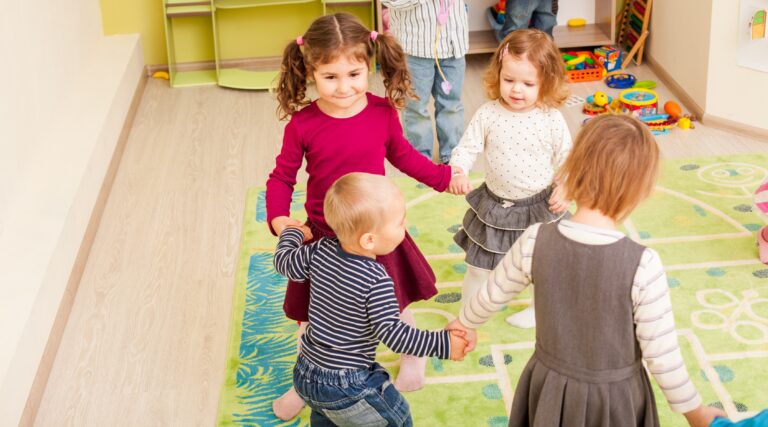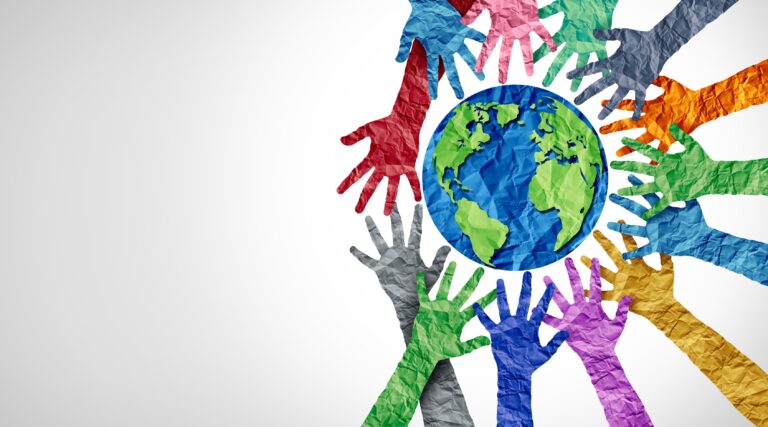The Benefits of Messy Play for Young Children’s Development
Messy play, also known as sensory play, involves activities that allow children to explore and interact with materials in a tactile and often messy way. While it may seem chaotic, messy play offers numerous benefits for young children’s development. These include:
Sensory stimulation
Messy play engages multiple senses, including touch, sight, smell, and sometimes taste, providing rich sensory experiences that stimulate neural connections in the brain. This sensory stimulation is crucial for the development of sensory processing skills and helps children learn about the world around them.
Fine motor skills
Activities such as finger painting, pouring, scooping, and squeezing help develop children’s fine motor skills and hand-eye coordination. Manipulating different materials like playdough, sand, or water encourages the use of small muscles in the hands and fingers, promoting dexterity and control.
Creativity and imagination
Messy play encourages open-ended exploration and creativity as children use their imagination to experiment with materials and invent new ways of playing. It fosters divergent thinking and problem-solving skills as children adapt to unexpected outcomes and discover novel ways to interact with the materials.
Cognitive development
Messy play offers opportunities for cognitive growth as children make observations, predictions, and discoveries while exploring cause-and-effect relationships. They learn concepts such as volume, texture, weight, and capacity through hands-on experimentation and sensory exploration.
Language development
Engaging in messy play provides rich opportunities for language development as children describe their experiences, express their preferences, and communicate with peers and caregivers. They learn new vocabulary related to textures, colours shapes, and sensations as they engage in sensory-rich experiences.
Emotional regulation
Messy play allows children to express themselves freely and release pent-up energy and emotions in a safe and constructive way. It can be calming and therapeutic, helping children regulate their emotions and reduce stress and anxiety through sensory stimulation and physical movement.
Social skills
Messy play often occurs in group settings, providing opportunities for social interaction, cooperation, and collaboration. Children learn to take turns, share materials, negotiate roles, and problem-solve together, building important social skills and fostering positive relationships with peers.
Self-confidence and self-expression
Successfully navigating messy play activities and mastering new skills boosts children’s self-esteem and confidence in their abilities. It provides a non-judgmental environment where children feel free to express themselves creatively and experiment without fear of failure or criticism.
Appreciation for the natural world
Messy play with natural materials such as sand, mud, or water connects children to the natural world and fosters an appreciation for the beauty and diversity of the environment. It encourages environmental stewardship and promotes outdoor exploration and discovery.
In summary, messy play offers a wealth of benefits for young children’s development, including sensory stimulation, fine motor skill development, creativity, cognitive growth, language development, emotional regulation, social skills, self-confidence, and a deeper connection to the natural world.
At Whiz Kidz Caroline Springs, we encourage and facilitate messy play experiences as we understand how it can enrich children’s learning and support their holistic development.







